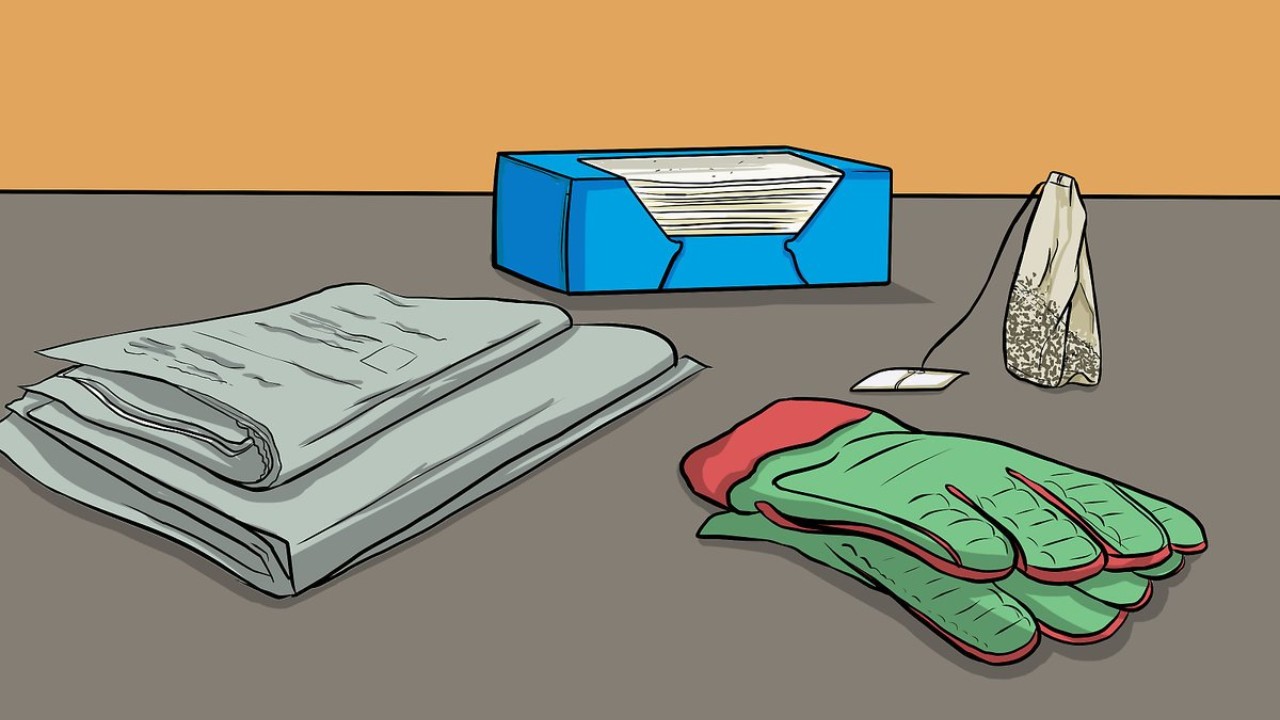Football gloves are an essential part of a player’s gear, offering better grip, protection, and overall performance on the field. However, they can quickly become dirty and smelly due to sweat, dirt, and frequent use. Knowing how to wash football gloves properly is crucial to maintain their effectiveness and extend their lifespan. In this guide, we’ll cover everything you need to know about cleaning and caring for your football gloves.
Why Washing Football Gloves is Important
Hygiene and Health Reasons
Dirty gloves can harbor bacteria and fungi, leading to unpleasant odors and potential skin infections. Regular washing helps eliminate these harmful microorganisms, keeping your hands clean and healthy.
Performance Benefits
Clean gloves provide better grip and control, which is vital for catching and holding onto the football. Dirt and grime can reduce the tackiness of the gloves, affecting your performance on the field.
Longevity of the Gloves
Proper cleaning and maintenance can significantly extend the life of your football gloves. By removing dirt and sweat, you prevent the materials from breaking down prematurely, ensuring you get the most out of your investment.
Types of Football Gloves
Receiver Gloves
Designed for skill positions like wide receivers and defensive backs, these gloves are known for their tacky palms and flexible fit, offering maximum grip and dexterity.
Lineman Gloves
Built for the trenches, lineman gloves provide extra padding and protection. They are more durable and less focused on grip compared to receiver gloves.
Hybrid Gloves
A mix of receiver and lineman gloves, hybrids offer a balance of grip, protection, and flexibility, suitable for various positions on the field.
Materials Used in Football Gloves
Common Materials
Football gloves are typically made from synthetic materials like polyester, nylon, and spandex. The palms often feature silicone or latex for enhanced grip.
How Materials Affect Washing
Different materials react differently to washing. Synthetic fabrics generally handle washing well, but the grip-enhancing components require careful handling to avoid damage.
Preparing to Wash Your Football Gloves
Checking the Manufacturer’s Instructions
Before washing, always check the care label on your gloves. Manufacturers often provide specific instructions that can help you avoid damaging the gloves.
Gathering Supplies
You’ll need mild detergent, a soft brush, a sink or basin for hand washing, and a laundry bag if you’re machine washing.
Hand Washing Football Gloves
Step-by-Step Guide
Removing Excess Dirt
Start by shaking off any loose dirt and debris from the gloves.
Preparing the Cleaning Solution
Fill a sink or basin with lukewarm water and add a small amount of mild detergent. Avoid using harsh chemicals or bleach.
Washing the Gloves
Submerge the gloves in the water and gently scrub them with a soft brush. Focus on areas with visible dirt and stains.
Rinsing Thoroughly
Rinse the gloves under running water until all the soap is gone. Ensure no detergent residue remains, as it can affect the glove’s grip.
Drying Properly
Gently squeeze out excess water without wringing the gloves. Lay them flat on a towel and allow them to air dry. Avoid direct sunlight or heat sources.
Machine Washing Football Gloves
Is Machine Washing Safe?
Some football gloves can be machine washed, but it’s essential to follow the manufacturer’s guidelines to avoid damage.
Step-by-Step Guide
Using a Laundry Bag
Place the gloves in a laundry bag to protect them during the wash cycle.
Choosing the Right Detergent
Use a mild detergent that is free from bleach or fabric softeners.
Machine Settings
Select a gentle cycle with cold water to prevent shrinking or damage.
Post-Wash Care
Remove the gloves from the laundry bag and allow them to air dry. Avoid using a dryer, as the heat can ruin the grip and material.
Drying Your Football Gloves
Air Drying
The best way to dry football gloves is to let them air dry. Lay them flat on a towel in a well-ventilated area.
Avoiding Heat Damage
Never use a dryer or place the gloves near direct heat sources like radiators or hairdryers. Excessive heat can cause the materials to warp or shrink.
Tips for Faster Drying
Place the gloves in front of a fan or use a dehumidifier to speed up the drying process. Stuffing the gloves with newspaper can also help absorb moisture faster.
Dealing with Stubborn Stains
Spot Cleaning Techniques
For tough stains, use a mixture of water and mild detergent. Apply the solution to the stained area and gently scrub with a soft brush.
Best Stain Removers for Football Gloves
Products like OxiClean or a vinegar-water solution can effectively remove stubborn stains without damaging the gloves.
Maintaining the Stickiness of Football Gloves
Why Stickiness Matters
The sticky grip on football gloves is crucial for catching and holding onto the ball, especially in wet or cold conditions.
Products to Enhance Grip
Several products on the market, like grip sprays and gels, can help restore the tackiness of your gloves.
Homemade Solutions
A simple mixture of water and a few drops of dish soap can help clean the palms and restore some of the stickiness. Just be sure to rinse thoroughly and let the gloves air dry.
Common Mistakes to Avoid When Washing Football Gloves
Using Harsh Chemicals
Avoid using bleach, fabric softeners, or any harsh chemicals that can degrade the glove’s material and reduce its effectiveness.
Ignoring Care Labels
Always follow the care instructions provided by the manufacturer. Ignoring these guidelines can lead to premature wear and tear.
Overdrying
Excessive drying, especially with heat, can damage the gloves. Stick to air drying and avoid direct heat sources.
How Often Should You Wash Football Gloves?
Factors Affecting Washing Frequency
How often you wash your gloves depends on how frequently you use them and the conditions you play in. Gloves used in muddy or wet conditions will need more frequent washing.
Recommended Washing Schedule
As a general rule, washing your gloves after every few uses or at least once a week during the season will keep them in good condition.
Storing Clean Football Gloves
Best Practices for Storage
Store your gloves in a cool, dry place away from direct sunlight. Use a breathable bag or container to prevent moisture buildup.
Avoiding Mold and Mildew
Ensure your gloves are completely dry before storing them. Any remaining moisture can lead to mold and mildew growth.
Signs It’s Time to Replace Your Football Gloves
Wear and Tear Indicators
Look for signs of fraying, holes, or significant wear on the grip. If the gloves are no longer providing adequate protection or grip, it’s time to replace them.
Loss of Performance
If you notice a decline in your performance due to slipping or reduced grip, new gloves may be necessary.
Conclusion
Keeping your football gloves clean is essential for hygiene, performance, and longevity. By following the proper washing and drying techniques, you can ensure your gloves stay in top condition throughout the season. Remember to avoid common mistakes, maintain the stickiness, and replace your gloves when necessary.
FAQs
Can you wash football gloves in the dishwasher?
No, it’s not recommended to wash football gloves in the dishwasher. The high heat and harsh detergents can damage the materials and reduce their effectiveness.
How do you remove the smell from football gloves?
To remove odors, soak the gloves in a mixture of water and white vinegar for 30 minutes before washing. Ensure they are thoroughly rinsed and dried.
Can you use bleach on football gloves?
No, bleach can damage the materials and reduce the grip of the gloves. Stick to mild detergents and spot cleaners.
What’s the best way to keep football gloves sticky?
To maintain stickiness, clean the palms with a damp cloth and use grip-enhancing products specifically designed for football gloves.
How can I dry my football gloves quickly?
To dry your gloves quickly, place them in front of a fan or use a dehumidifier. Stuffing them with newspaper can also help absorb moisture faster.

